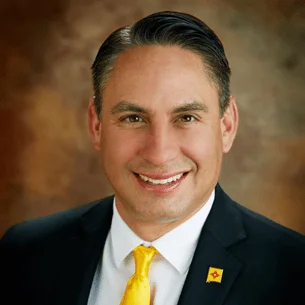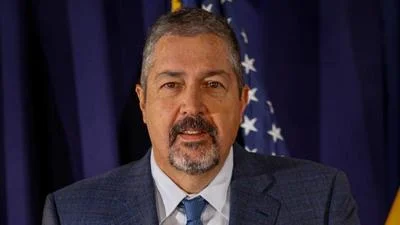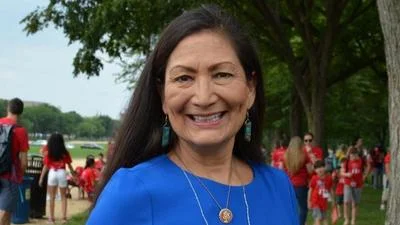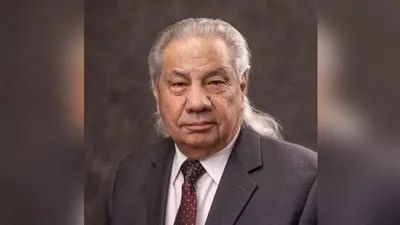Paul Gessing, President of the Rio Grande Foundation, expressed concerns in a podcast with NMSunCast about New Mexico's political leadership and its policies, which he believes are driving residents to neighboring states.
"New Mexico has the natural beauty, the weather, and the resources, but people are passing us by to move to Texas, Arizona, and Colorado," said Paul Guessing.
According to the podcast, New Mexico allocates billions from oil and gas revenues and ranks high in per-student education spending. However, it remains last in academic outcomes and faces challenges in retaining doctors due to malpractice laws and regulatory burdens. Reformers like Gessing and Rebecca Dow attribute these issues to entrenched union power and a lack of school choice, which they consider core barriers to progress. Meanwhile, other states with fewer natural advantages continue to surpass New Mexico in growth and opportunity. This disconnect between resources and results highlights what Gessing describes as a deeper governance failure leading to outmigration and economic stagnation.
A 2025 Forbes analysis underscored New Mexico’s ongoing struggles with economic competitiveness, ranking the state 49th in government spending, 36th in taxation, and 49th in labor market regulation. These rankings reflect a burdensome regulatory environment and inefficient public spending that contribute to sluggish job growth and continued outmigration. The report emphasizes the need for structural reforms to enhance New Mexico’s business climate and retain both talent and investment.
A report by the Levin Center for Oversight and Democracy points out significant governance challenges in New Mexico, particularly regarding the state's administrative rulemaking process. The report indicates that New Mexico lacks a uniform rulemaking procedure because its Administrative Procedure Act allows agencies to opt-in voluntarily. This has led to a fragmented system where 226 agencies have established their own processes. The absence of standardized procedures results in minimal legislative oversight over new administrative rules, granting agencies considerable autonomy while potentially undermining accountability and transparency.
Gessing has led the Rio Grande Foundation since 2006, advocating for limited government and individual freedom on key issues such as taxation, education, and healthcare. Prior to this role, he directed lobbying efforts for the National Taxpayers Union and has been widely published in both national and local media.









